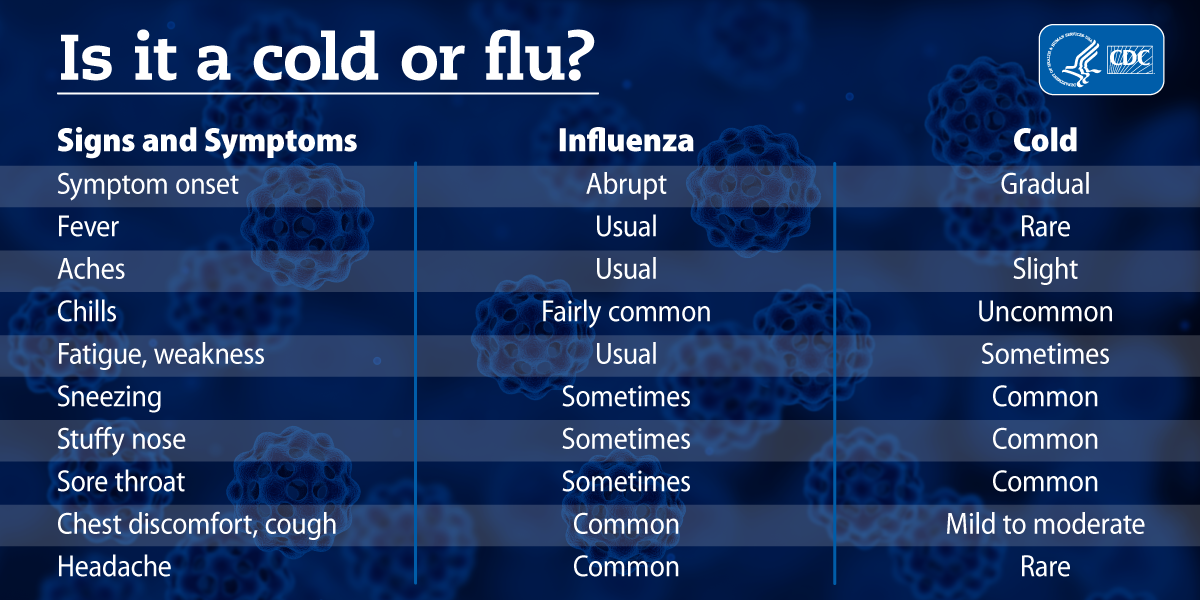Helpful Hints from the Health Room
Thu, 12/13/2018 - 2:14pmFighting the flu
We are getting close to flu season! The flu tends to peak in mid February in the United States. The CDC recommends a yearly flu vaccine for everyone 6 months of age and older. The vaccine takes about 2 weeks for the body's immune response to respond fully and for you to be protected so now is the time to get vaccinated!
Is it too late to get the flu vaccine?
CDPH Director and State Public Health Officer Dr. Karen Smith says, “Vaccination will prevent infection in a large number of cases. If disease does occur after vaccination, the vaccine can reduce the severity of flu symptoms, so getting the flu shot is still the best way to protect yourself and others from flu.”
A few things are new this season:
- Flu vaccines have been updated to better match circulating viruses [the B/Victoria component was changed and the influenza A(H3N2) component was updated].
- For the 2018-2019 season, the nasal spray flu vaccine (live attenuated influenza vaccine or “LAIV”) is again a recommended option. The nasal spray is approved for use in non-pregnant individuals, 2 to 49 years old. There is a precaution against the use of the nasal spray flu vaccine for people with certain underlying medical conditions.
School prevention:
- Please keep all sick children at home. Any student with a temperature of 100.0 (orally) should be kept at home for 24 hours past the last fever (without medications).
- Encourage your child to wash their hands frequently to reduce the spread of germs.
- Stay home while sick and limit contact with others.
- Cover your cough or sneeze with your sleeve or tissue.
- Wash hands frequently and thoroughly with soap & warm water.
- Use an alcohol based hand sanitizer if washing is not available.
- Avoid touching your nose, eyes, and mouth.

Recent News
-
Posted on: Monday, November 27, 2023 - 12:21pm
-
Posted on: Friday, May 5, 2023 - 1:34pm
-
Posted on: Thursday, February 16, 2023 - 4:02pm
-
Posted on: Monday, February 13, 2023 - 12:41pm
-
Posted on: Monday, October 17, 2022 - 11:56am
-
Posted on: Tuesday, September 13, 2022 - 11:00am
-
Posted on: Wednesday, July 27, 2022 - 11:18am
-
Posted on: Friday, July 22, 2022 - 9:27am
-
Posted on: Tuesday, March 29, 2022 - 9:42am
-
Posted on: Monday, November 15, 2021 - 8:48am